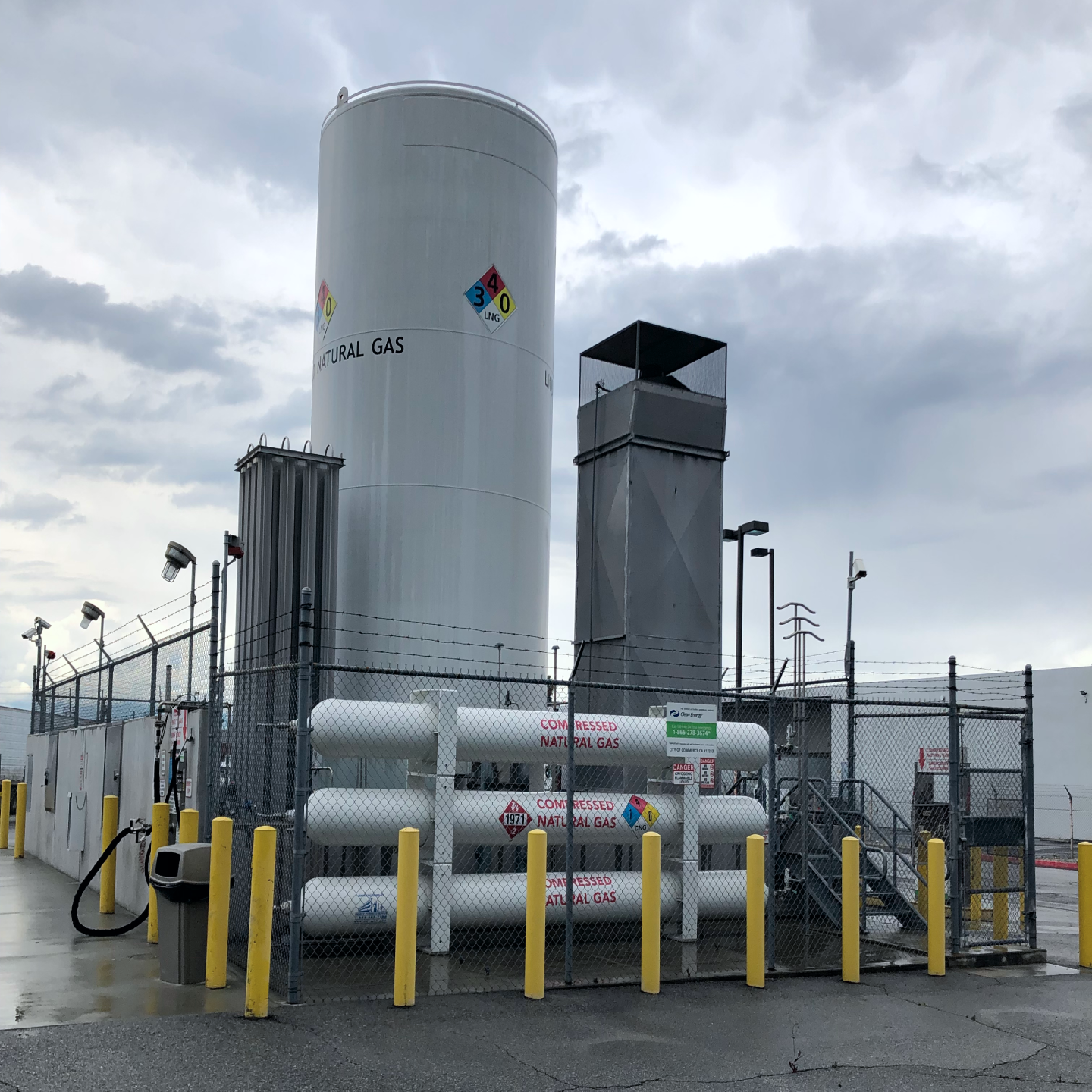What Is CNG? Your Guide to Compressed Natural Gas

Rising greenhouse gas emissions drive us to look to alternative fuel system options rather than relying on diesel and gasoline. As an environmentally friendly alternative to traditional fossil fuels, compressed natural gas, or CNG, accounts for around 30 percent of the energy used in the United States. But what is CNG, and how will it be used in the future?
What is CNG?
CNG is made up mostly of methane and then compressed to less than 1 percent of its volume at standard atmospheric pressure. CNG is stored and transported in its compressed form, enabling you to store CNG in a vehicle, just like a regular gasoline tank.
Along with other alternative fuel options like liquified natural gas (LNG), CNG has many applications, from heating and cooking at home to fueling cars. However, although natural gas is a reliable alternative fuel with a proven history of powering natural gas vehicles, only 0.2 percent of natural gas is used as a transportation fuel in the U.S.
CNG: Pros and Cons
Although it might seem like we can replace gasoline with CNG, it’s not that simple. CNG has vast benefits for the environment, but the current state of the CNG market makes it challenging to transition to this alternative fuel seamlessly. Here are some of the pros and cons of CNG.
CNG Pros
- Odorless and non-corrosive
- Fewer harmful emissions of carbon monoxide, carbon dioxide and nitrous oxide
- More affordable
- Domestically produced
CNG Cons
- Production of CNG creates methane, which is 21 times worse for global warming than carbon dioxide (CO2)
- Limited infrastructure and fueling stations in the U.S.
- Difficult to find CNG-powered vehicles in the U.S.
What’s the Difference Between CNG and Gasoline?
Like gasoline, CNG can be used in an internal combustion engine. When CNG reaches the engine’s combustion chamber, it reacts with the air and a spark ignites it, causing an explosion that powers the car.
Natural gas vehicles burn 90 percent cleaner than current EPA standards and emit 21 percent fewer greenhouse gas emissions. However, unlike gasoline, CNG creates up to 97 percent fewer carbon monoxide emissions than fossil fuels. Natural gas vehicles are also much quieter than diesel fuel vehicles due to the high octane rating of CNG.
The vast majority of CNG is produced domestically, which reduces our dependence on foreign oil. Therefore, making CNG also costs about 50 percent less than conventional fuels.
What is the Future of CNG?
Today, CNG is primarily used by commercial vehicles and mass transit buses. However, natural gas vehicles are also an accessible option for consumer use or other applications.
For example, government fleets have started investing in CNG by buying and retrofitting vehicles, training technicians and building fueling infrastructure. Despite this, the shift to CNG as a go-to fuel source has been slow due to the higher upfront costs of CNG vehicles and fueling stations.
As CNG becomes a more viable alternative fuel, we can expect to see more infrastructure and innovative technology applications, such as software, to make sure vehicles are charged sufficiently. CNG can result in enormous savings for fuel and maintenance costs, just because it burns cleaner than gasoline and diesel despite the higher capital investment.
Partner With FASTECH For Your CNG Fueling Project
Renewable energy options like CNG have different infrastructure needs than gasoline, so expanding our fueling options is crucial to the success of alternative fuel. If your business has been considering switching to CNG, FASTECH can help.
At FASTECH, we have over two decades of experience in the energy industry and specialize in end-to-end solutions, from planning and construction to ongoing maintenance and testing for renewable fuel like CNG. We have built over 200 CNG stations in the United States, overseeing our projects from start to finish.
To learn more about how FASTECH can help with your CNG fueling needs, contact us today.





